The European Parliament at 70- “The voice of citizens and democratic values” - 52519504278 (cropped) (cropped)
EP President Roberta Metsola opened the ceremony and stressed how, in the 70 years since the first meeting of the Common Assembly of the European Coal and Steel Community (ECSC) in 1952, the “Assembly grew from strength to strength”. She said: “The European Parliament has become the only directly elected, multilingual, multi-party transnational parliament in the world. Its 705 directly elected members are the expression of European public opinion (...). Today more than ever – this House stands for upholding the democratic voice of citizens and the democratic European values."
Her speech was followed by contributions from the prime ministers of the three countries hosting Parliament’s seat.
Belgium’s Prime Minister Alexander de Croo said “today’s European political project is mainly driven forward by visionary citizens, the people of Europe” who demand an EU response to crises such as migration, COVID-19 and energy. The EP is, he said, “one of the most powerful legislators in the world. Today Europeans can be proud of the road we travelled together.” He concluded: “This house represents the catharsis of a long history of violence among European countries, it represents the best in us, Europeans.”
Luxembourg’s Prime Minister Xavier Bettel said: “Seven years after World War II, it was decided to create something together. In those days, people did not have the right to live because they were different; today we live in a territory where citizens are free. He concluded: “I would not have had the right myself to be free during the Second World War: I am liberal, have Jewish heritage and am married to a man. And here I am today, a head of government. This is the European project. You may be different, but that is where our richness lies: in this diversity”.
France’s Prime Minister Élisabeth Borne stressed the role of France in building the European Union, and the symbolic importance of Strasbourg as one of its official places of work. Additionally, she emphasized the commitment of France to a common European future: “Strasbourg is the idea of Europe – Europe that has its past but that also has its common future,” she said. “And we must not lose track of what Europe is, where it has come from and where it is going to.”
Read more: www.europarl.europa.eu/news/en/press-room/20221118IPR5570...
This photo is free to use under Creative Commons license CC-BY-4.0 and must be credited: "CC-BY-4.0: © European Union 2022– Source: EP". (creativecommons.org/licenses/by/4.0/) No model release form if applicable. For bigger HR files please contact: webcom-flickr(AT)europarl.europa.euRelevantní obrázky
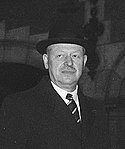













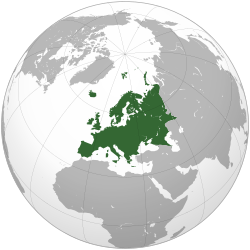


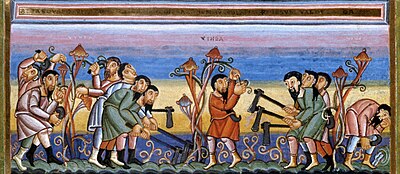








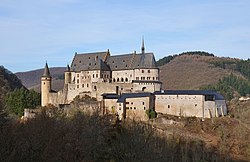
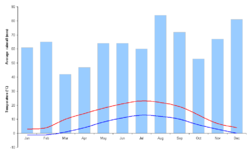



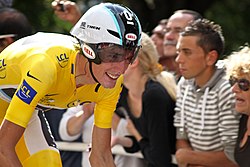



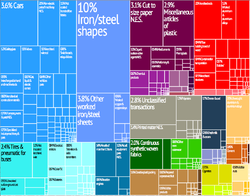






Relevantní články
LucemburskoLucembursko, plným názvem Lucemburské velkovévodství, je malý západoevropský vnitrozemský stát. Sousedící na západě a severu s Belgií, na východě s Německem a na jihu s Francií. S rozlohou 2 586 km2 je sedmým nejmenším suverénním státem v Evropě, žije v něm 661 000 obyvatel, což z něj činí jednu z nejméně zalidněných zemí v Evropě, i když s nejvyšším přírůstkem obyvatelstva; cizinci tvoří téměř polovinu obyvatelstva. Lucemburská kultura, lidé a jazyky je úzce propojena se svými francouzskými a německými sousedy. Úředními jazyky jsou lucemburština, němčina a francouzština. Lucembursko je zastupitelská demokracie a konstituční monarchie, v čele stojí velkovévoda. Jeho hlavní a nejlidnatější město Lucemburk je jedním ze čtyř institucionálních sídel Evropské unie (EU) a sídlem několika institucí EU, zejména Soudního dvora Evropské unie. .. pokračovat ve čtení
